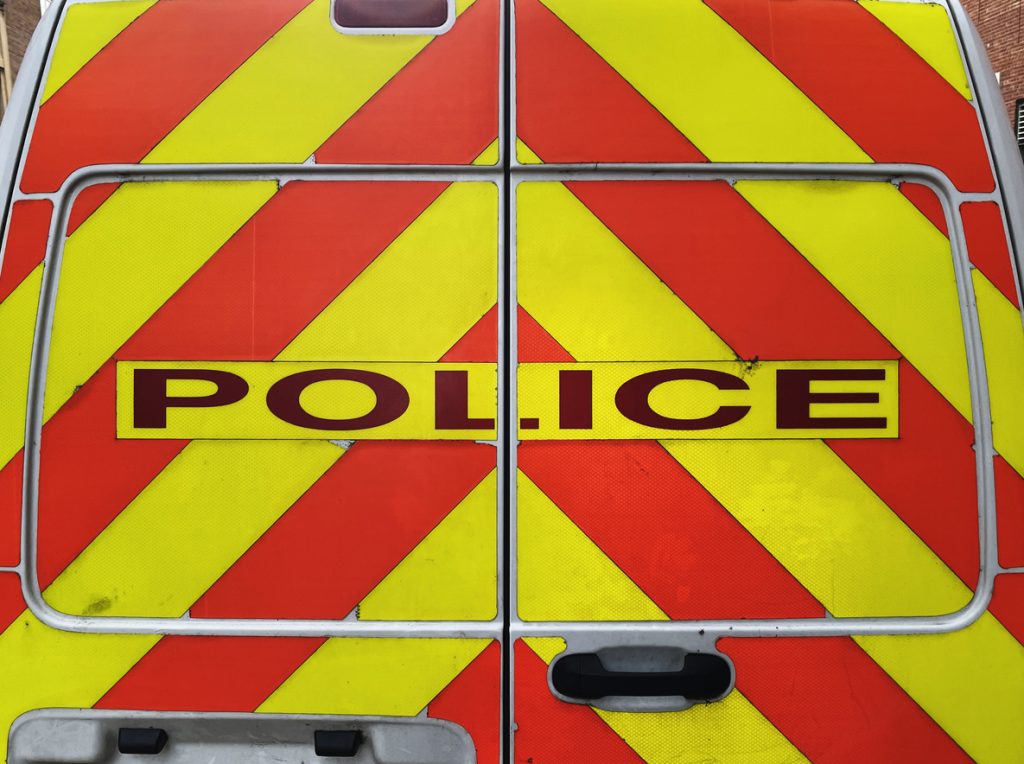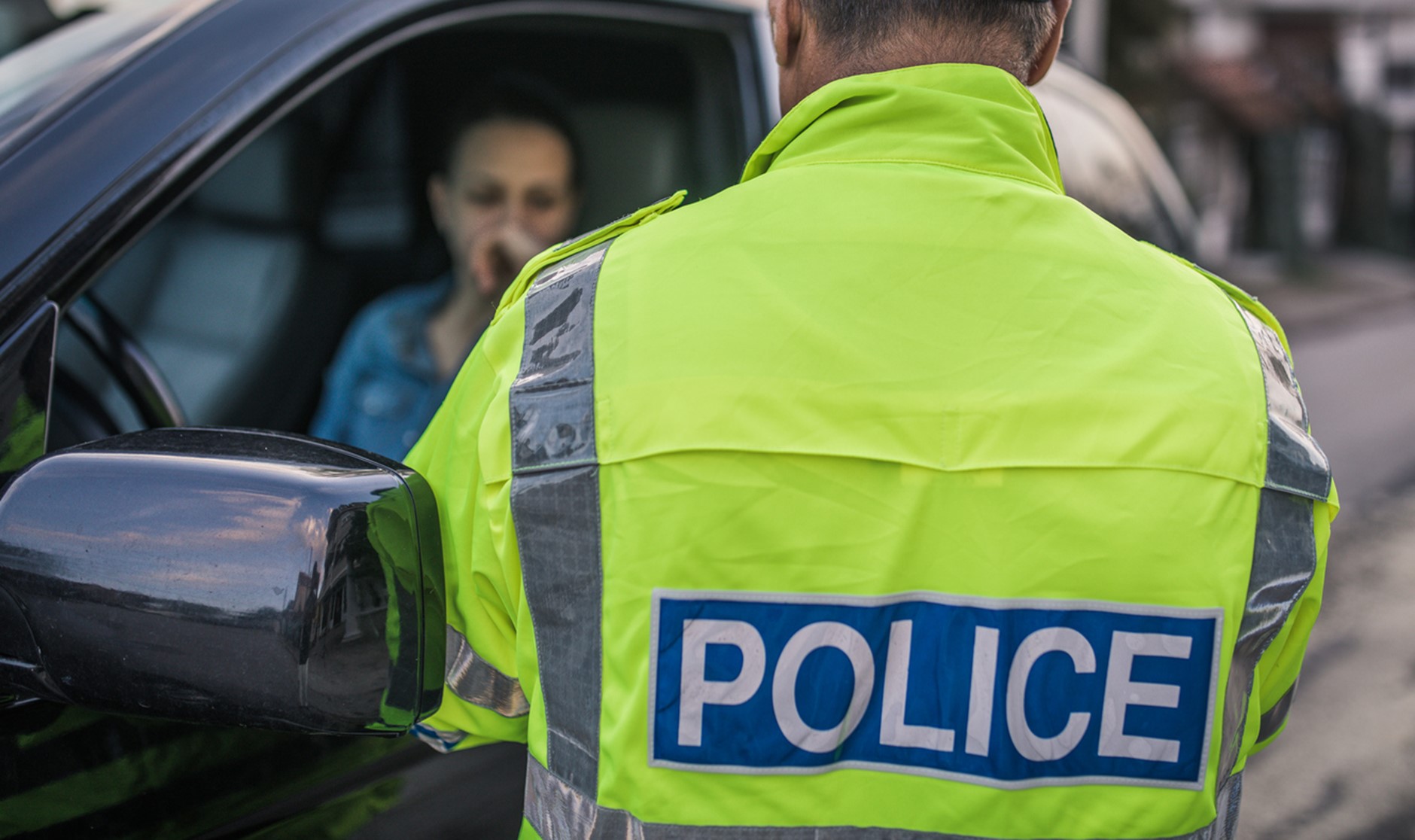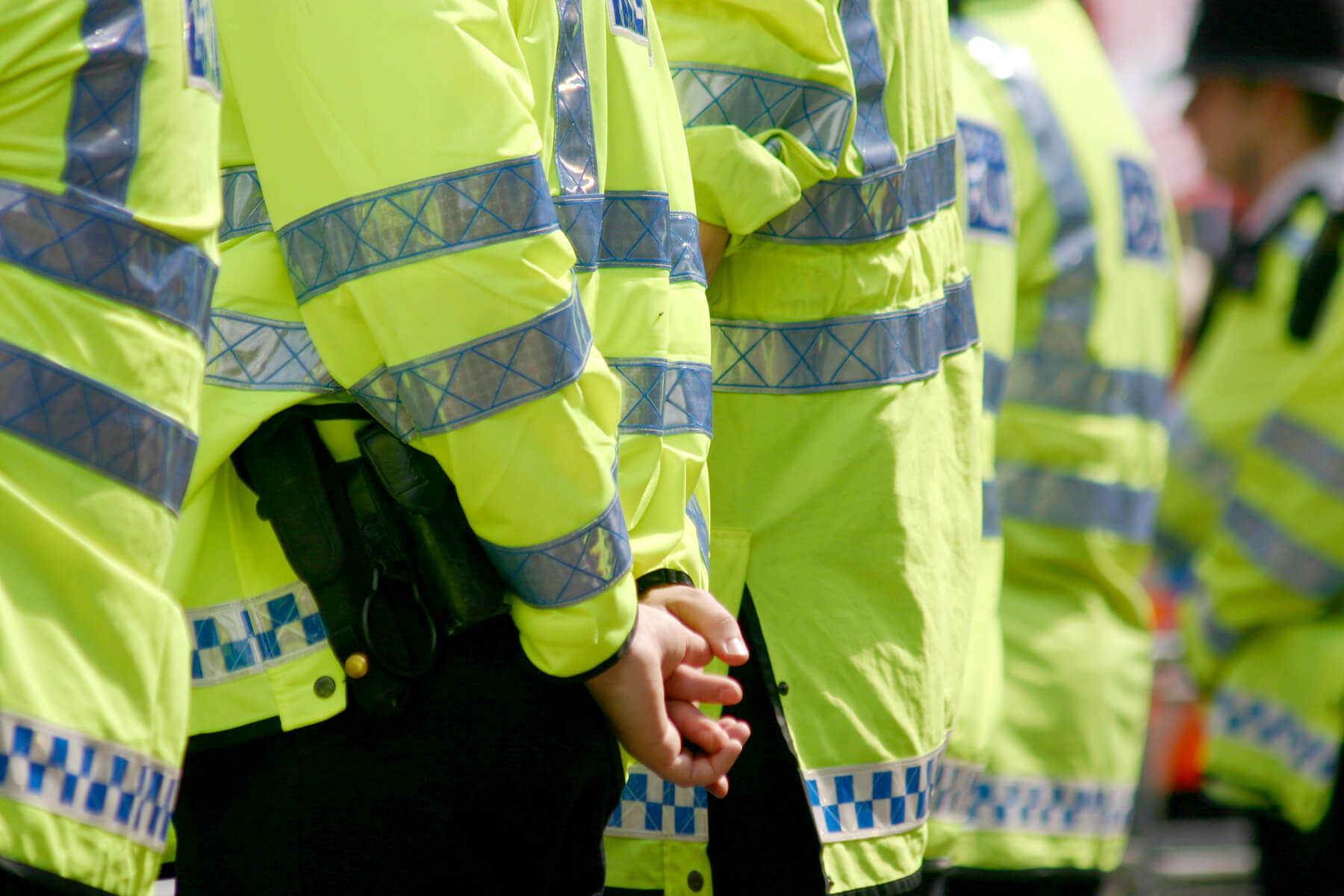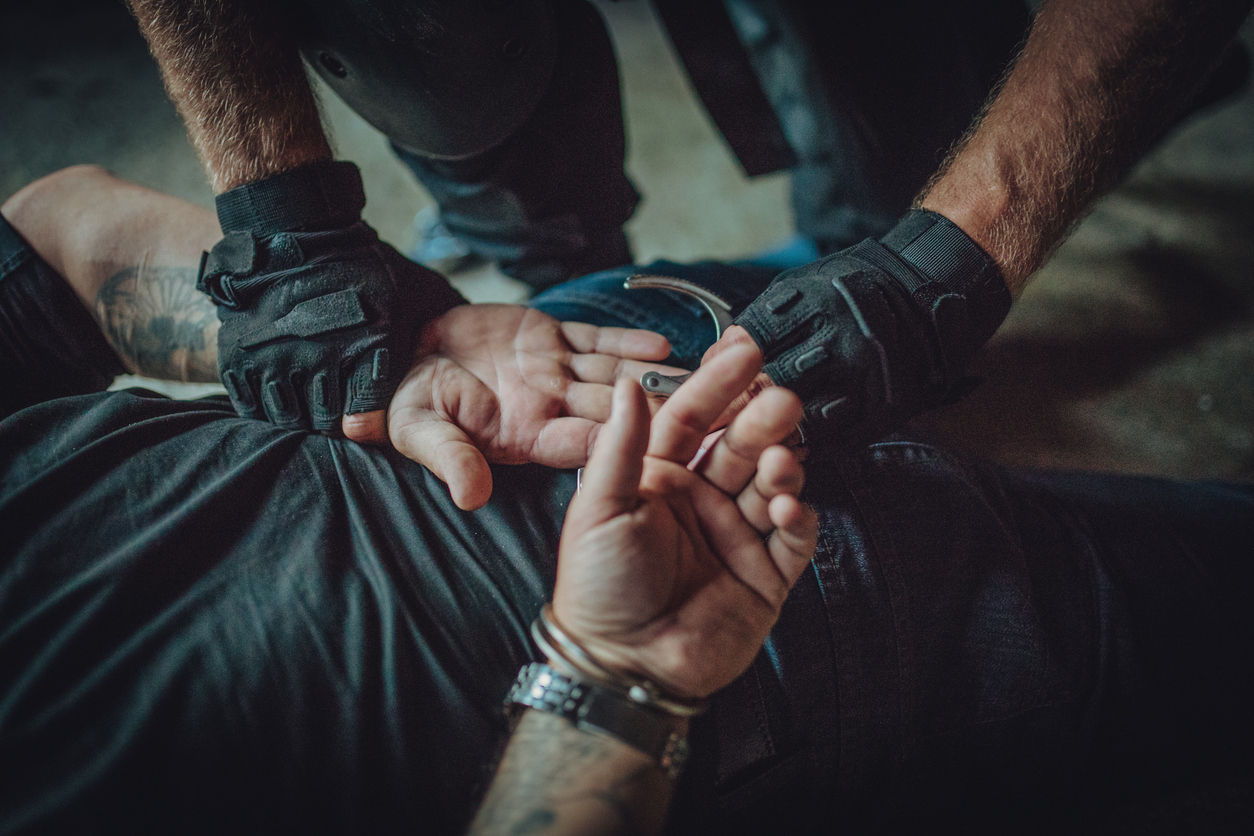Can you refuse a strip search UK?
Can you refuse a strip search UK?
There has been a lot of negative press around police strip searches in the UK, with some officers abusing their powers and strip searching individuals without a proper reason or unlawfully.
BBC news recently reported how one woman, who was strip-searched by officers in 2020, aged just 15, said she doesn’t know if she is “going to feel normal again” after the incident. The girl known as Child Q, a black schoolgirl at the time, was wrongly suspected of possessing cannabis and was forced to expose intimate parts of her body while she was menstruating with no appropriate adult present. A tribunal later found the actions of the officers amounted to gross misconduct and they were sacked.
This case highlights another issue with strip searches in the UK, that much like stop and searches, they disproportionately affect black individuals. Data revealed that between 2016 and 2021, 9088 children were strip-searched in London. Black children were disproportionately targeted with 33.5% of child strip searches in 2018-2022 involving black children.

Further to this, data obtained by the Children’s Commissioner from the Metropolitan Police Service regarding EIP searches found that 95% of strip searches were conducted on boys and more than half of these were Black boys.
When police ask to strip search you, it’s understandably a very daunting prospect and can be distressing for an individual. But can you refuse a strip search in England and Wales?
Knowing your rights when it comes to dealing with the police and strip searches is incredibly important to prevent you from falling victim to an unlawful strip search or mistreatment by police. In this article, we are going to explain in detail what a strip search is, how strip searches work, what to expect during a strip search and your rights during a strip search in England and Wales.
What is a strip search?
A strip search is a process where the police search you and ask you to remove more than just your outer clothing. Outer clothing would include your coat, gloves, socks, hat and shoes. A strip search is different to a stop and search, and different rules apply. During a stop and search, police can ask you to remove outer clothing, but if you are asked to remove anything other than these items, it would be classed as a strip search.
A strip search doesn’t always mean you have to remove every item of clothing or expose complete nudity. Strip searches can range from removing a t-shirt to removing all clothing.

What is the difference between a strip search and an intimate search?
An intimate search is something different to a strip search. An intimate search is a physical examination that involves touching/searching body orifices other than your mouth. There are different rules that apply to intimate searches. They can only be carried out where a police officer of the rank of Inspector and above reasonably believes an individual is hiding from them one of the following:
- An item that could be used to cause injury to yourself or others at a police station or court
- A class A drug you intend to supply or export
There are strict rules around how an intimate search can be conducted, including that if the search is under paragraph 2(a)(ii)(a drug offence search) of the Police and Criminal Evidence Act (PACE) Code C, the detainee’s appropriate consent should be given in writing. Before the search begins, a police officer or designated detention officer must tell the detainee:
- The authority to carry out the search has been given.
- The ground for giving the authorisation and or believing that the article could not be removed without an intimate search.
More information around intimate searches can be found in Annex A of PACE Code C.
When can the police strip-search me?
The police are only lawfully allowed to strip search an individual if they have reasonable grounds to believe you have a hidden item that you should not have, and they believe it is necessary for them to remove that item. You do not need to have been arrested to be strip-searched, although it usually occurs after an arrest.

Where can I be strip-searched?
You can only be strip-searched by police in an area where you cannot be seen by anyone else. You can also request an appropriate adult to attend the strip search if you are underage or if you are mentally vulnerable.
What to expect during a strip search
During a strip search, police officers can ask you to remove your clothing and expose intimate parts of your body. If you do have to expose intimate parts of your body during the strip search, there should be at least two other people present, except in urgent cases where there is a serious risk of harm to you or others. If you refuse, they can use reasonable force to carry out the search if necessary, but this can only be used as a last resort if absolutely necessary.
An officer can ask you to do the following if they believe it is necessary:
- Hold your arms out in the air
- Stand with your legs apart and bend forward so they can look at (not touch) your genital and anal areas.
During a strip search, an officer should not:
- Tell you to squat
- Touch any bodily orifice (except your mouth)
If they do either of these, it can be classed as an intimate search, and there are different rules which apply to this, so it could be unlawful under the circumstances.
Before you are searched, the officer should explain to you why you are being searched, explaining what they are looking for and why they feel it is necessary to search you. The officer searching you should also be the same gender as you. If you are nonbinary, you should state the sex you prefer to be treated as.
Anyone who is 17 and under or mentally vulnerable should have an appropriate adult present during the strip search. Only in cases that are urgent with a serious risk of harm or in cases where you indicate you do not want the appropriate adult present and they agree, can this not occur.
The strip search should be conducted as quickly as possible, and the officer should allow you to dress as soon as the search is complete. The officer should always keep a record of the strip search, including the reason why it was considered necessary, who was present, and the outcome.

Your rights during a strip search
Under the Human Rights Act 1998, Article 3, you have the right to freedom from torture, inhumane and degrading treatment. During a strip search, the police should never undermine this right by searching you in a way that amounts to torture, degradation or inhuman treatment.
Article 8 of the Human Rights Act protects your right to privacy. Your Article 3 and Article 8 rights could be violated during a strip search if:
- The police do not follow the correct procedures during a strip search
- They mistreat you during the strip search
- They use more force than is necessary
If it turns out the strip search was unlawful in any way, the detention of you to conduct the strip search could also violate your right to liberty under Article 5.
Can you refuse a strip search uk?
Generally speaking, you cannot refuse a strip search if the police have reasonable grounds to believe it is necessary, it is authorised by a senior officer, and they have followed all rules, including explaining to you why it is necessary for them to strip search you. If you do refuse, it could lead to the police officers having to use force to conduct the search, which must be reasonable.
However, if the police do conduct a strip search without reasonable grounds or do not follow the correct procedure, this can be classed as unlawful. If you are subject to an unlawful strip search, there are actions you can take to seek redress, including making a police complaint or making a civil claim against the police for compensation.

How to claim against police for an unlawful strip search
If you have been subject to an unlawful strip and search, this can be an extremely degrading and distressing experience. It can make you feel powerless and vulnerable, and even lead to long-term psychological stress. But there are actions you can take to help you move past the incident, such as making a civil claim against the police.
While making a complaint to the police can possibly result in the officers involved receiving disciplinary action, only by making a civil claim can you receive compensation for the ordeal you suffered. It is advised that you seek the help of an experienced action against the police solicitor when making a claim against the police, as they are highly contested, and you may not receive the outcome you desire without the support of an experienced solicitor.
HNK Solicitors can assist with your unlawful strip search claim
HNK Solicitors has a team of dedicated action against the police solicitors who have many years of experience helping clients to successfully claim compensation from police forces throughout England and Wales. They have a deep understanding of the relevant police procedures and legislation that govern their powers, and can therefore fight on your behalf to get every penny you’re entitled to following an incident with police.
We offer free consultations for clients to discuss the details of their case, and from here we can advise you on whether you have a viable claim and what the next steps would be. We also accept cases on a no-win, no-fee basis, so you don’t have to pay anything upfront to start your claim. If you have suffered mistreatment at the hands of police, get in touch with our team today on 0151 668 0809 or enquiries@hnksolicitors.com. Alternatively, fill in our online claim form and one of our team will be in touch to find out more and arrange your free consultation.













